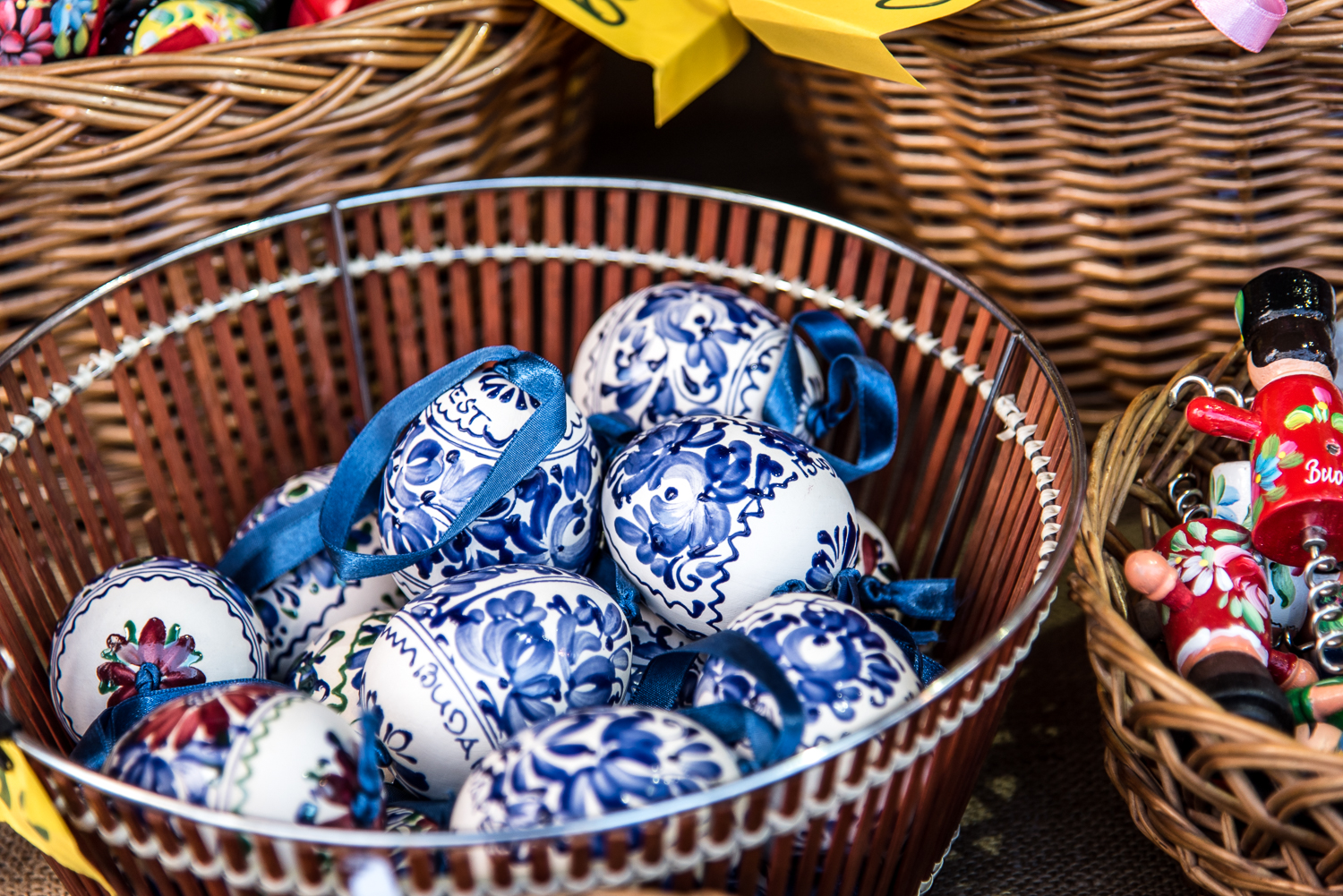A friendly smile and a familiar atmosphere greet us upon meeting Mr Zichy. His attitude reinforces that descendants of aristocrats don’t live segregated lives in today’s world. Just like many others, he completed a university degree in International Relations, and holds a decent job in the IT sector at one of Budapest’s foreign banks. Picking up on our interest, he happily introduces us to his family history.
21st-century aristocracy
“I was born Pál Zichy, it could have happened otherwise, but it happened like this. I’m just like everyone else,” says Pál, insisting we call him the more familiar Pali.

The Zichy family can be traced back to the 13th century. They had land and properties in western Hungary, in today’s Fejér and Veszprém Counties. They were among the most important noble families of Hungary. Finding favour with the king by successfully fighting against the Ottomans as captain of Győr Castle, István Zichy and his family was rewarded with a countship in 1679.
Thereafter, the family scattered, so today many Hungarians hold ancestral connections to the Zichy family, given that they add up to many members. Sadly, when Communism claimed Hungary, many nobles were forced to leave, but a great number of Zichys remained in the country as well. This year, Pali's nearest and dearest gathered at Nagyvázsony Castle near Lake Balaton, the family seat until World War II.
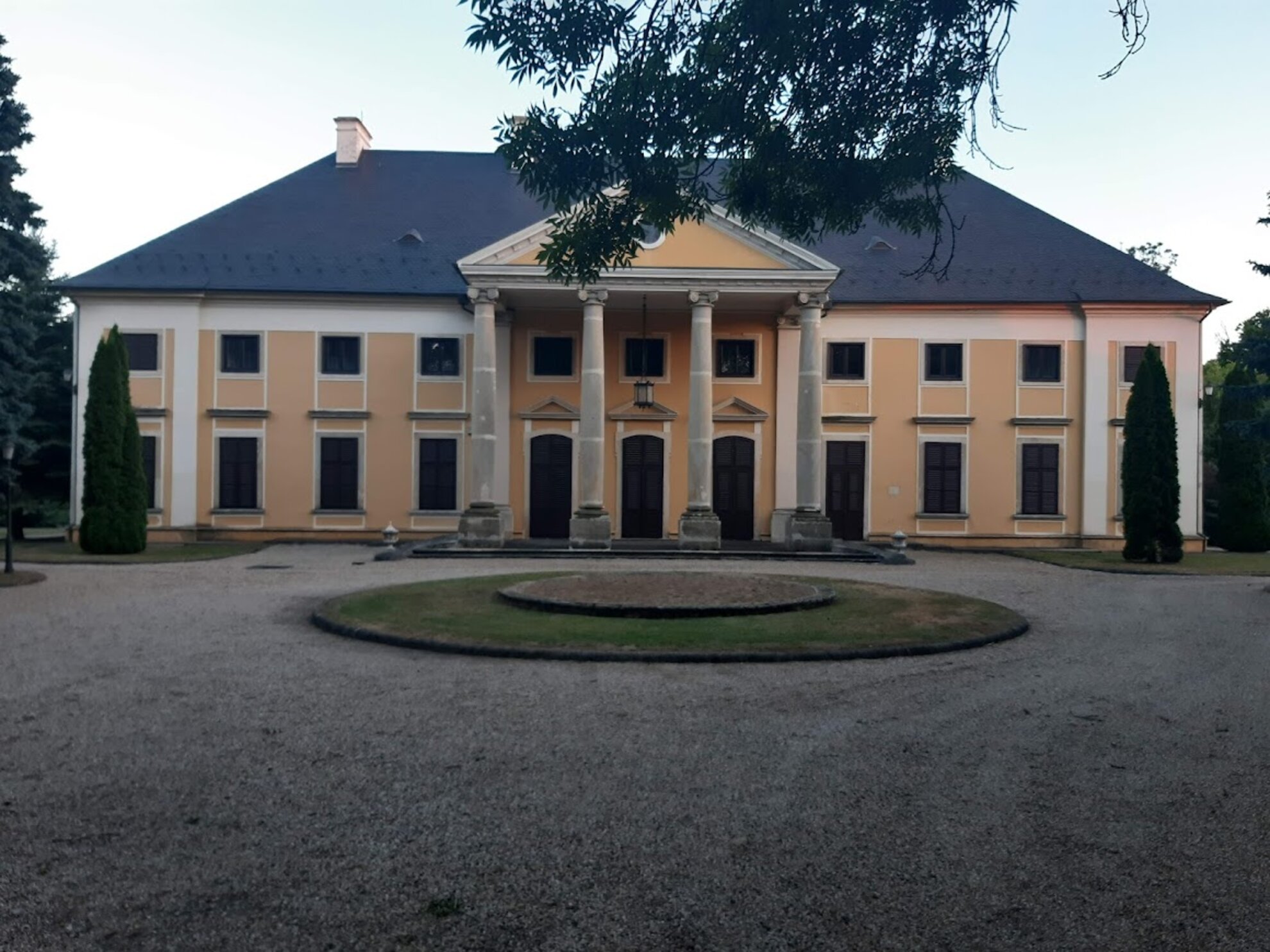
Pali is a direct
descendant of the Zichy counts, which is a requirement for admission to the Association of Hungarian Historical Families, a post-Communist fraternity for Magyar nobility.
Serious background checks are carried out on new applicants – it wouldn't be the first time that someone using a fake noble
identity has tried to gain financially from the benefits of an aristocratic heritage.
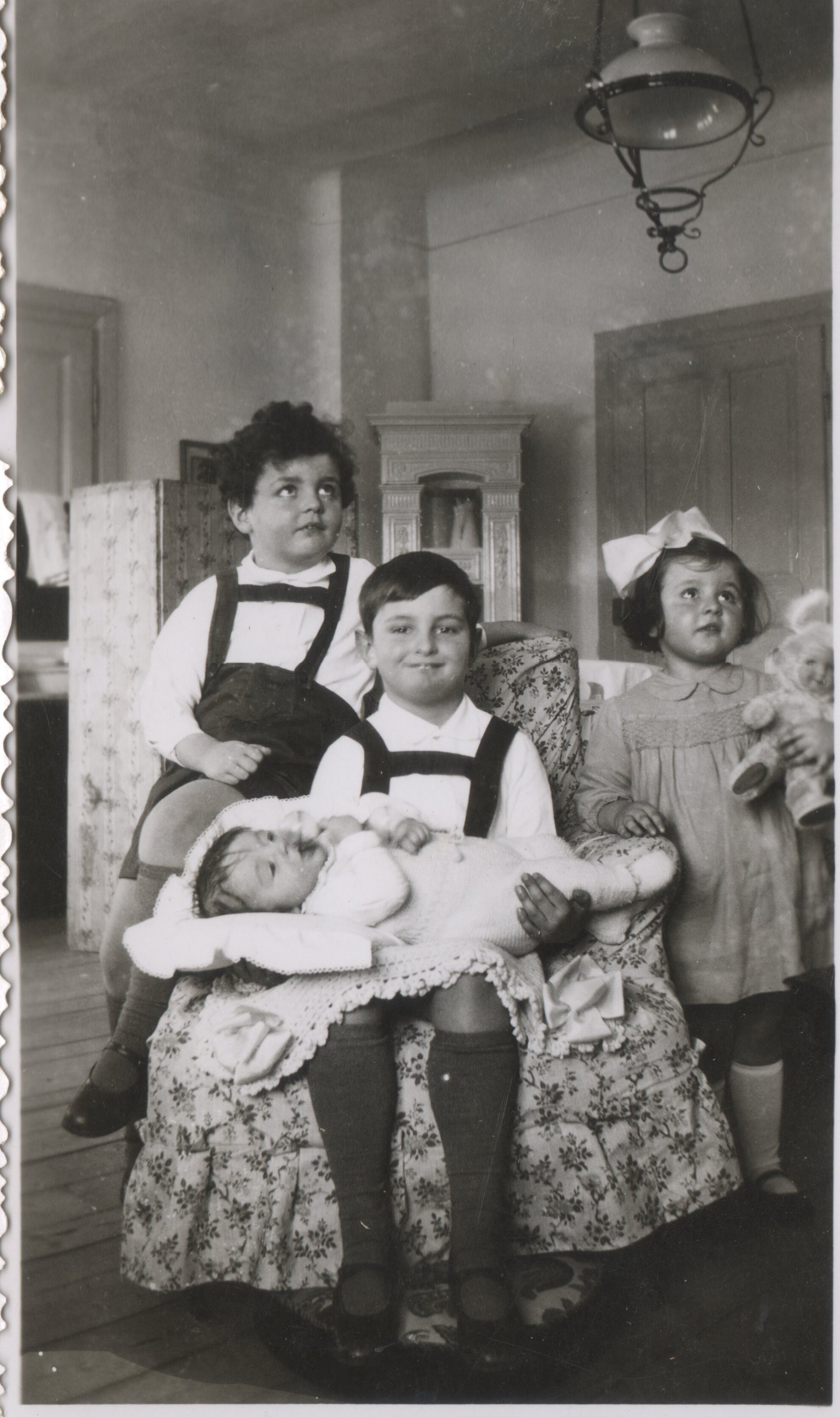
“The aim of this association is to connect descendants of former noble dynasties and to spread the news that aristocracy is not the wicked bourgeoisie as Communism depicted it."
Pali joined the association in 2014 and is more than satisfied with the positive benefits resulting from it. There are lots of common characteristics in people sharing an aristocratic background. They usually have the same mindset about political, social and moral issues. Pali says that growing up as an aristocrat didn’t change his upbringing too much.
"If I do or say something, I have to be aware that I represent the whole world of aristocracy in people’s minds. I have to be careful in this sense and think ahead, not to paint a negative picture of my peers," reveals Pali, aware that his background carries with it a certain degree of responsibility.
Here in Budapest, there is an immediate connection with the family heritage as the Zichy Castle in Óbuda today houses the Kassák Museum, named after a Hungarian Modernist writer, the Vasarely Museum, paying tribute to renowned Hungarian-French illustrator, Victor Vasarely, and the Óbudai Museum.
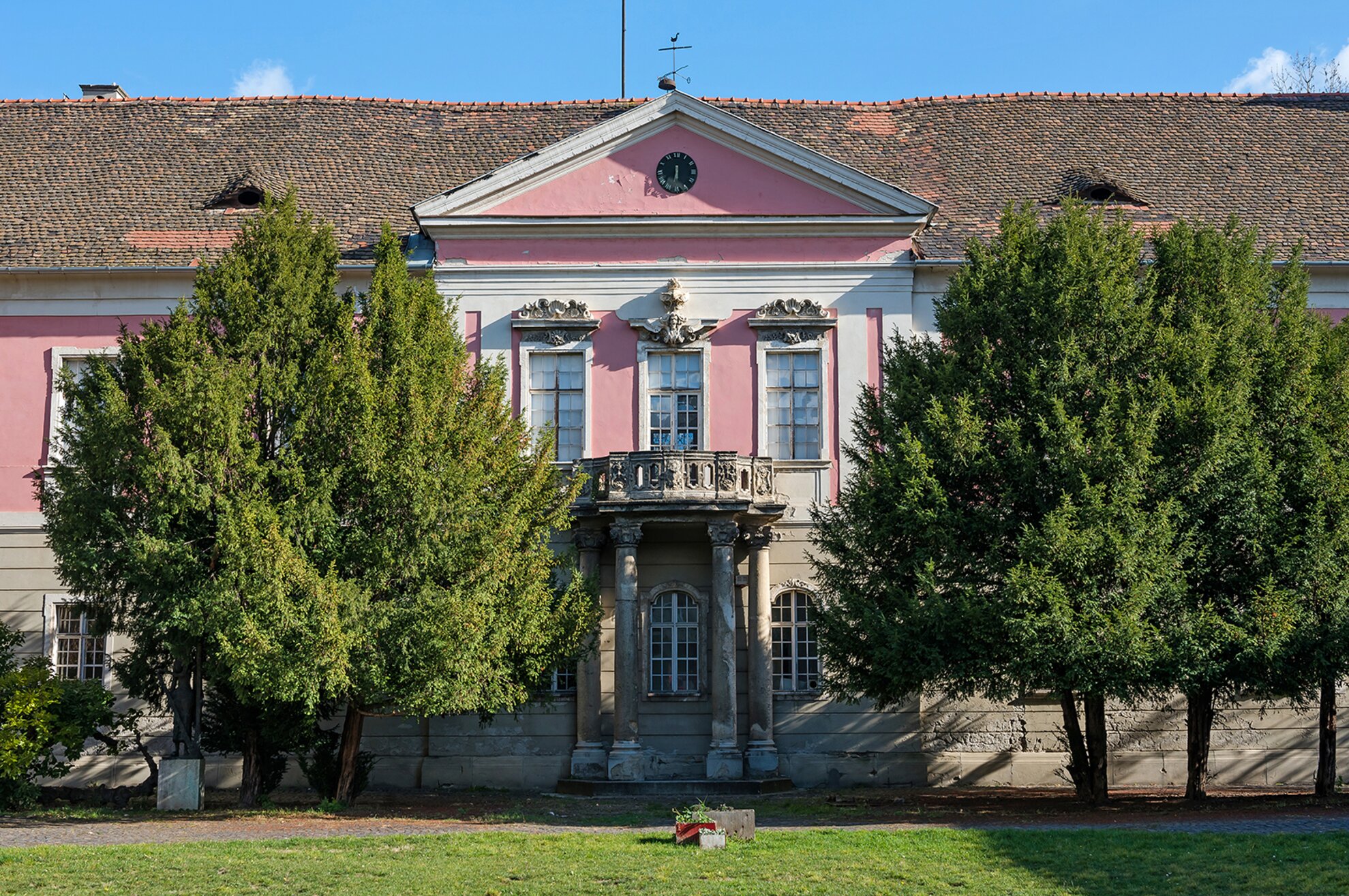
Zichy Castle in Óbuda
The castle dates back to the 18th century thanks to Miklós Zichy, who customised it to its Baroque form you can see today. Roman wall ruins, among others, served as building materials. The building gained its final shape in 1986, with all the museums duly moving in.
Pali’s
great-grandmother was from the Esterházy family, connected to the Italian
Odescalchi princes, so he has that bloodline in his veins. With these links in the family, it’s not surprising
that tradition has always played an important part in Pali’s life. His parents
never put any pressure on him to pursue a noble career. Having a
strong identity, receiving a decent education were part of his family’s
principles, but these things are not unique to aristocrats alone. Each Zichy sibling leads a
completely normal life.
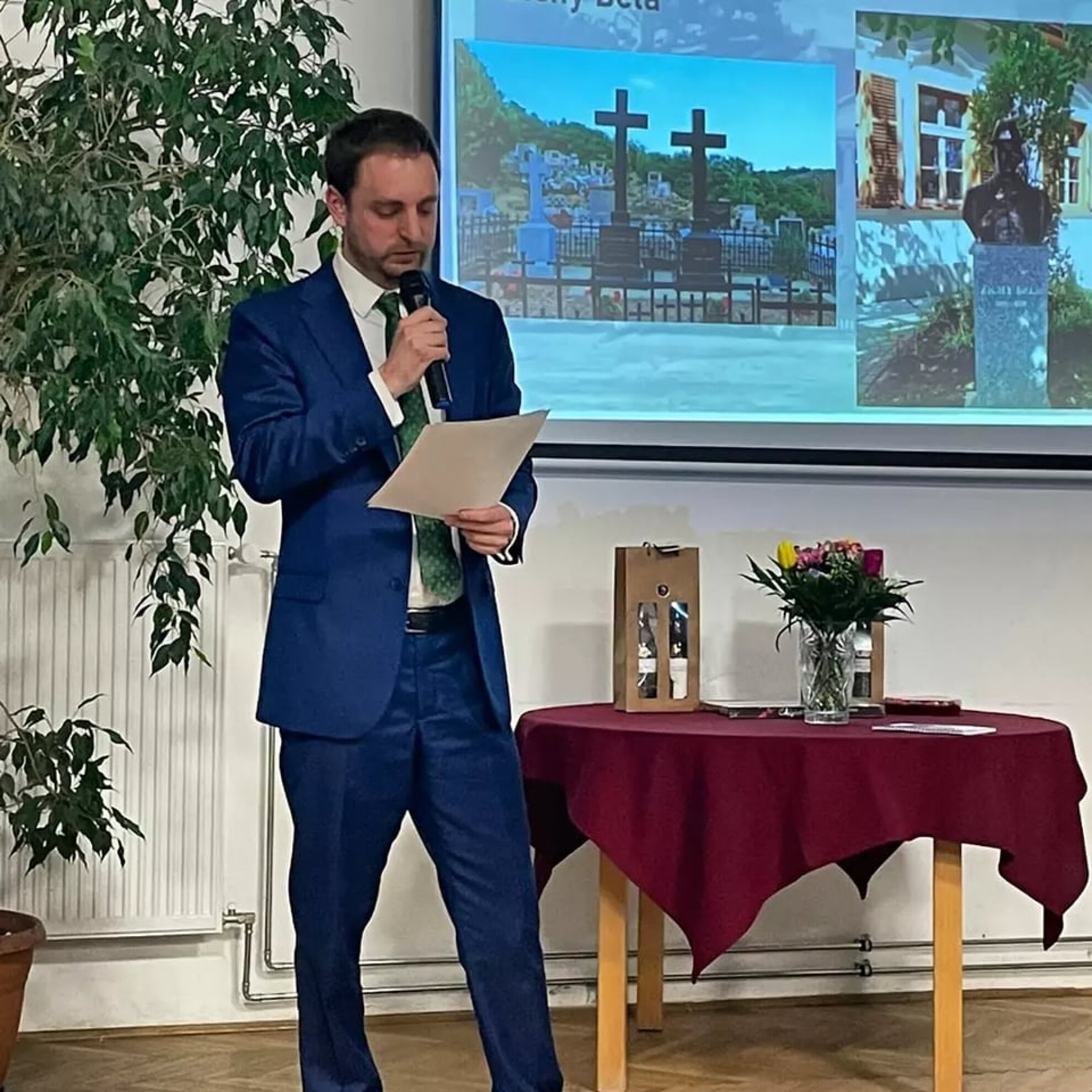
Pali took up the presidency of the Association of Hungarian Historical Families, because he believes aristocrats also deserve to belong to a community. The association is built on Christian principles.
"It’s of great importance that members share a living Christian faith and tradition within the community. To me, as the president, Christian spirituality is one of our main priorities."
They organise regular social events for members to provide an opportunity for networking. Launched in 1994, the association both acts as a platform to bring descendants of aristocracts together and aims to reconnect with nobility abroad.
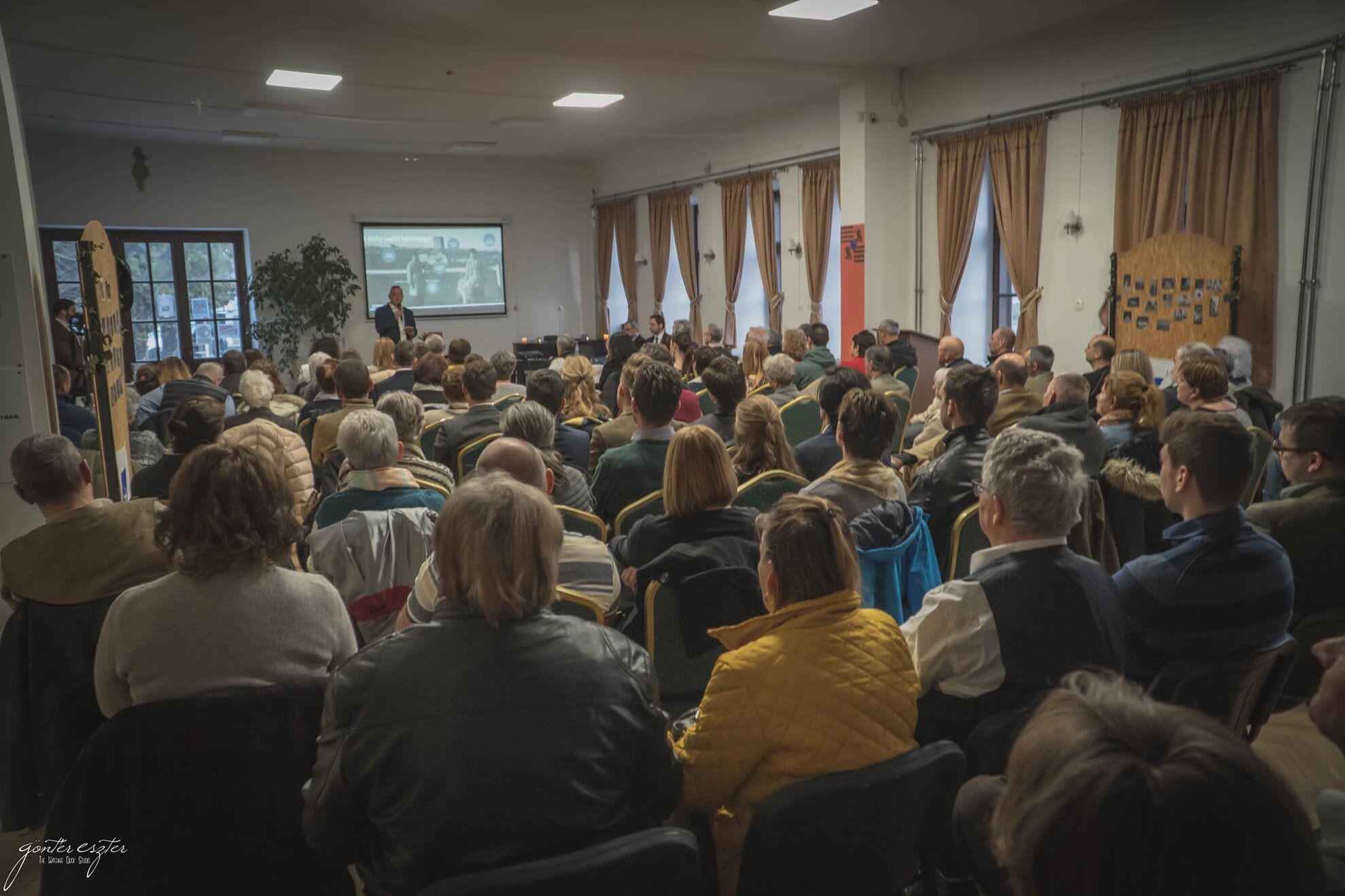
“Many aristocracts who had fled the country rediscovered their Hungarian identity thanks to the Association of Hungarian Historical Families.”
They are also part of a European community, CILANE (Commission d’information et de liaison des associations nobles d’Europe) to foster international relations and be accessible from abroad.
“Individually, we are all diplomats at an international level. You represent Hungary wherever you go,”
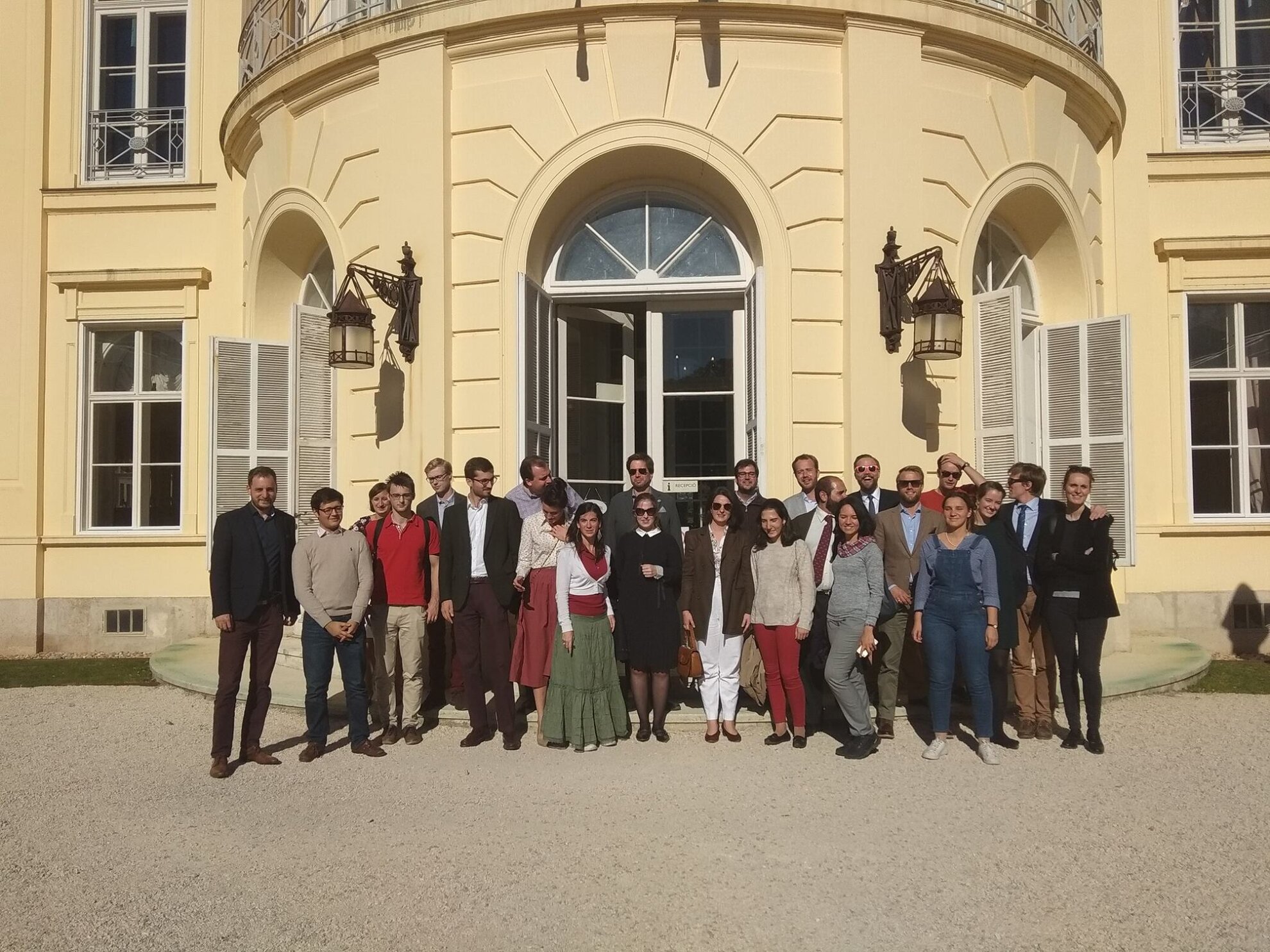
To Pali, this means embracing his cultural heritage and stand up for Hungarian identity in multicultural communities. The Association of Hungarian Historical Families organises regular balls, club nights open to everyone, and various charity events as well. For this reason, they usually appreciate if members are au fait with traditional dancing and speak at least one foreign language, though these are not requirements.
As we thank Pali for the interview, he casually says: "My pleasure. Hope to see you at one of our club nights!"
